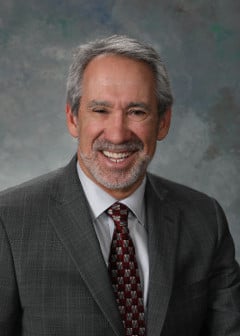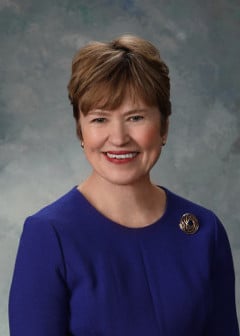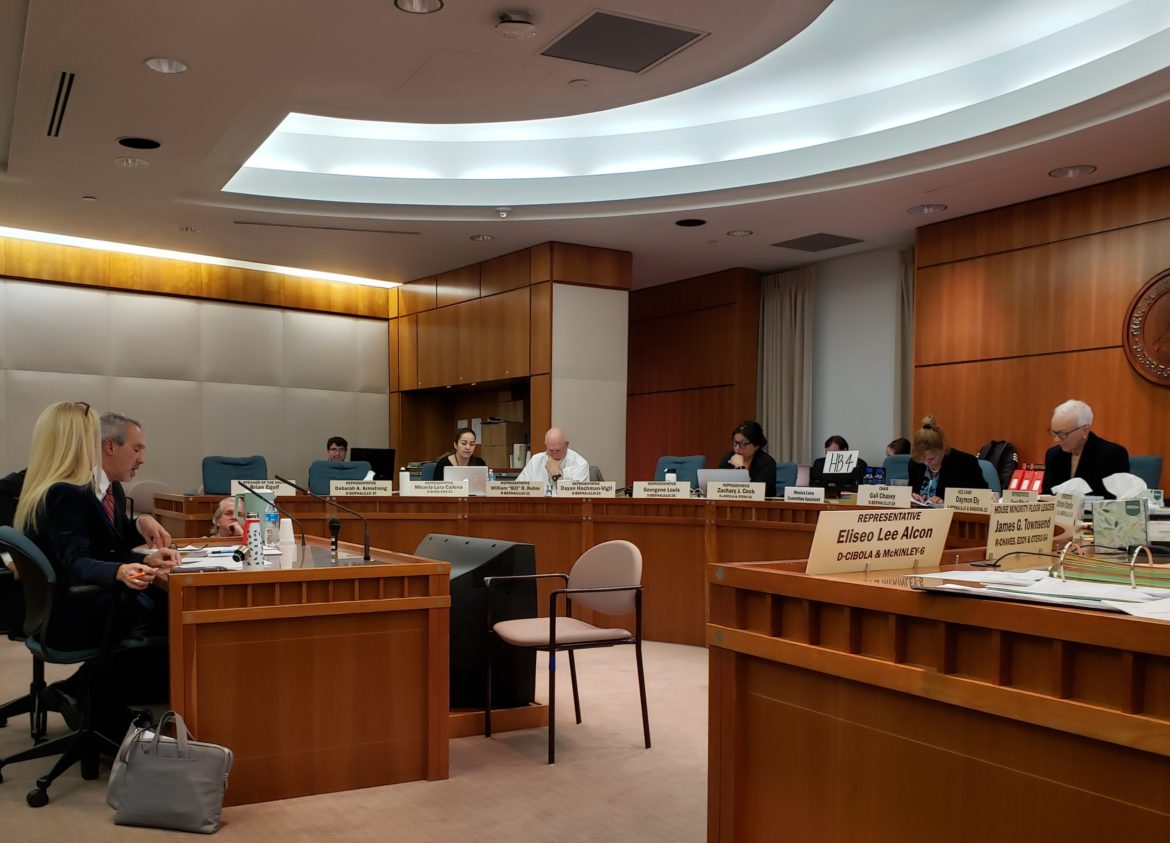The Judiciary Committee voted 8-0 Saturday morning to approve HB4, launching the ethics commission proposal on what likely will be an obstacle course with three weeks to go in the 2019 legislative session.
The proposal, sponsored by Rep. Damon Ely, D-Albuquerque, is in a race against the clock, needing to clear another House committee and a floor vote in the House before heading to the less friendly forum of the Senate, which has earned a reputation as a killing ground for ethics legislation over the past decade and a half.
The proposal approved Saturday appropriates $1 million for a proposed ethics commission empowered to fine individuals guilty of violating ethics rules. The commission could also issue subpoenas to pry loose information in an investigation and if a target refused to comply ask a state court to enforce it.

Hearing panels to investigate ethics complaints would use the civil standard of preponderance of the evidence, instead of higher legal standards, to find violations. That is, unless fraud is involved. If the potential of fraud exists, the hearing panel would use the higher legal threshold of clear and convincing evidence, according to one change that was made after an informational hearing Friday before the Judiciary Committee on Ely’s bill.
Another last-minute change made after the Friday informational hearing concerns when the clock starts ticking on statute of limitations for an ethics violation. Ely’s proposal had prohibited the commission from accepting or considering a complaint more than two years after an alleged violation.
New language would allow the commission to investigate alleged violations older than two years old that were hidden and only recently surfaced.
As for public disclosure, the bill stayed pretty much the same between Friday’s hearing and Saturday’s vote. A complaint against an official would become public once a preliminary review is done and the commission believes an official investigation is warranted. The hearing in the case would be public, as would the inquiry’s findings.
A plea agreement also would become public between the commission and an official accused of an ethics rule violation. Not so for frivolous or unsubstantiated complaints, which might never see the light of day unless the person who filed the complaint or the accused decided to share the information.
One of the murkier aspects of Ely’s proposal is how the commission would interact with state agencies that currently prosecute ethics rules. Under Ely’s bill, the commission would share jurisdiction with those agencies and would need to draw up memorandums of understanding, setting up rules for when the commission would act and when it wouldn’t.
Freshman Democratic Rep. Christine Chandler, D-Los Alamos, like Ely an attorney, demonstrated how difficult it might be for this system to work in the day-to-day world during a lawyerly back-and-forth that lasted several minutes Friday.

Chandler pressed Ely, especially around when the commission would take a complaint as opposed to the Secretary of State or Attorney General’s office. Those two agencies, along with others, now field complaints related to eight state laws over which the ethics commission would have jurisdiction.
“Once that decision is made (to investigate), the agency or commission is the only shot a complaint has?” Chandler said.
Ely: “No, not necessarily.”
Chandler: “Can you have dual complaints running at the same time?”
Ely: “Hopefully not. That’s what we’re trying to avoid.”
A packed room observed the sometimes arcane exchange during Friday’s hearing. It was a mostly friendly forum, with no one in the audience standing to oppose the bill when committee chairwoman, Rep. Gail Chasey, D-Albuquerque, asked for opponents to speak. Representatives of a couple of organizations expressed a desire for a more open ethics commission than the one conceived in Ely’s proposal, especially around when complaints become public, but that was as negative as reactions to the legislation got.
Many in Friday’s hearing have watched the Legislature wrestle with ethics measures over the past decade and a half and believe 2019 is the year for the Legislature to finally create such a body.
“It is very important to the business community that we join the rest of the United States and create an ethics commission,” Terri Cole of the Greater Albuquerque Chamber of Commerce told lawmakers Friday.
It’s unclear if there is enough time for Ely’s proposal to clear the Legislature. Unlike in previous years, however, the Legislature must answer to a super majority of voters in the 2018 election who endorsed changing the state constitution to add an independent ethics commission.
“The bottom line is that the public absolutely wants to have enabling legislation to get this ethics commission up and running by the end of this session,” Heather Ferguson of Common Cause New Mexico said Friday.
Ely’s proposal now goes to the House Appropriations and Finance Committee.
